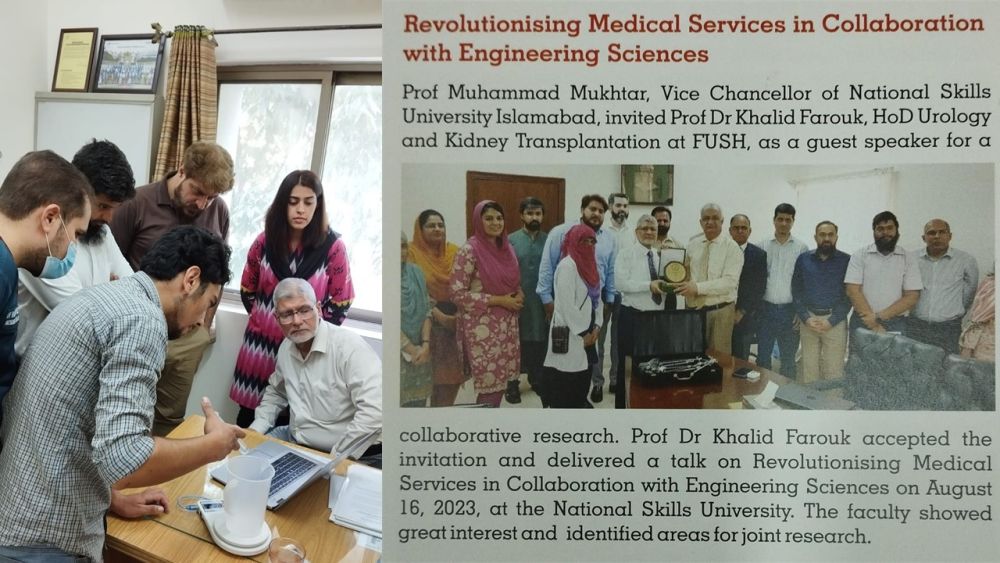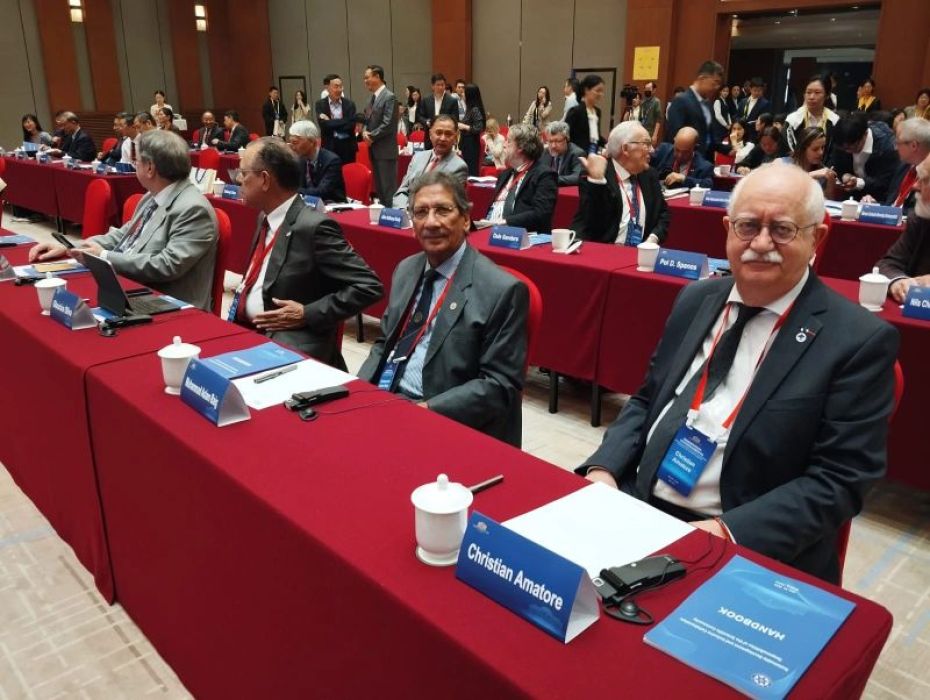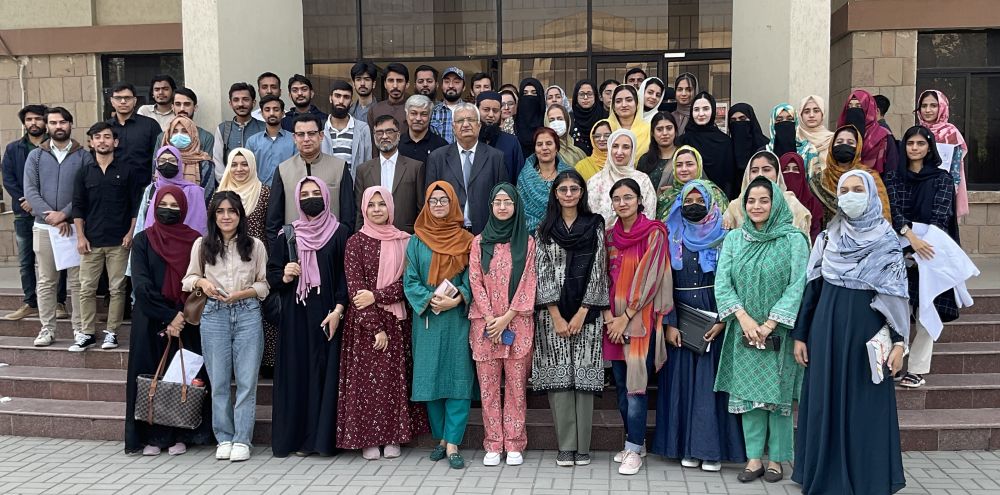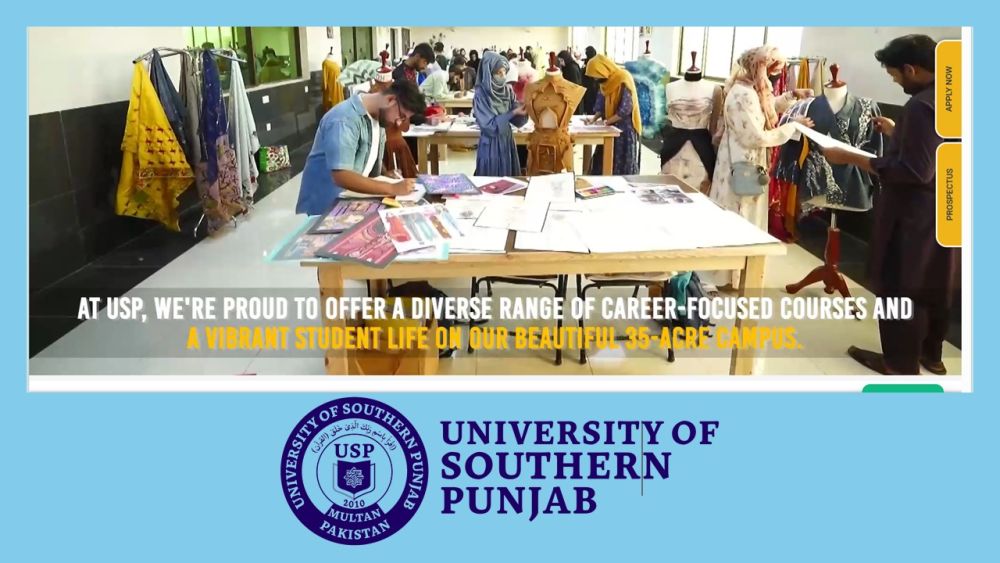NSU, Foundation University, and Biomedical Industry Collaborate for Urology Equipment Production in Pakistan
Posted 1 year ago
Dr. Khalid Farouk, Professor of Urology and Kidney Transplantation at Foundation University Islamabad, is spearheading a pioneering initiative in collaboration with technologists from the National Skills University Islamabad to advance local manufacturing capabilities for urology equipment with a support from the local industry.
The partnership aims to develop indigenous solutions for essential urological instruments, including the Uroflowmeter. Uroflowmetry, a diagnostic technique that assesses urinary tract functionality by measuring urine flow rate and volume, plays a crucial role in diagnosing urinary system disorders.
In a recent meeting held on March 14, 2024, at the National Skills University Islamabad, prominent figures from academia and industry convened to discuss strategies for fostering local production of urological devices. The purpose of the meeting was to explore avenues for collaboration and discuss the potential of local manufacturing in the urology sector. The attendees included Prof. Dr. Muhammad Mukhtar, Vice Chancellor of the National Skills University Islamabad and Vice Chairman of the National Technology Council of Pakistan; Dr. Zafar Qadir (PAS), former Federal Secretary and Chairman of the Taleem Foundation; and Mr. Amjad Farooq, General Manager of Nimir Industrial Chemicals Ltd., among other esteemed professionals.
During the meeting, Prof Dr Khalid Farouk emphasized the critical need to reduce dependency on costly imports of surgical instruments, which burden patients and strain foreign exchange reserves. Noting that similar products are manufactured locally in Sialkot but under foreign labels, Dr. Farouk advocated for closer collaboration with leading surgical industry stakeholders to develop and promote locally branded surgical equipment.
Dr. Farouk's initiative aligns with broader efforts to enhance Pakistan's self-reliance in critical medical technologies, reduce healthcare costs, and promote domestic industry growth. Prof. Mukhtar described such collaborations as vital for boosting the indigenization of technologies and manufacturing high-tech biomedical equipment.





